Since former Republican Governor of Kentucky Matt Bevin left office, the FBI has begun to ask serious questions about the suspiciously high number of pardons he granted while still in his position.
Included on the list of more than 650 pardoned individuals were a child rapist and another individual accused of reckless homicide.
Only weeks before Bevin left office, when his reelection bid fell through, Bevin pardoned or reduced the length of sentences given to a minimum of 650 people.
Just last year, a child rapist was placed in jail with a 23-year sentence. This person was pardoned entirely.
Two years ago, Patrick Baker went to prison with a 19-year sentence, after conducting reckless homicide and robbery, as well as murdering a victim in front of his entire family. Suspiciously, Baker's brother hosted an event last year that raised more than 21-thousand dollars for Bevin's campaign, and now Baker has been pardoned.
The FBI has questions for Baker not only about the sheer number of pardons and reductions he granted, but also the political ties in the decisions he made.
Democratic State Representative for Kentucky, Chris Harris, reportedly received a call from a criminal investigator, asking him what he knew about Bevin's pardons during his final days in office.
Though Harris was unclear as to the severity of the investigation, he confided:
"I can tell you, at least, there are questions being asked."
Bevin, surprisingly enough, has welcomed the investigation with open arms, insistent that the pardons he made did not have ties to campaign contributions or other political gains.
However, politicians from both major political parties are unhappy with Bevin's decisions regarding these pardons, and believe there must be more to the story.
Senator Morgan McGarvey agreed, stating:
"It's clear there was political favoritism involved in these pardons. We have got to find out if the pardon power was abused and possibly sold to restore the public's trust in the system."
In response to these allegations, Bevin claims that he was framed regarding his motivations into granting these pardons.
As for the child rapist from last year being pardoned, Bevin openly admitted to pardoning the individual after deciding for himself that the rapist was innocent when it was confirmed the victim's hymen was not broken. Though it's been physiologically proven that the hymen does not have to be broken for the case to be considered as rape, Bevin based his pardon on this evidence.
It stands to reason that politicians on both sides, as well as the FBI, have questions as to how Bevin came to pardon or reduce the sentences of the other 649, or more, individuals.
Twitter, too, shared its concerns. Some focused on the moral quality of the political climate, while others emphasized their concern for what all these pardons could mean for safety in America.
Interestingly enough, President Trump previously came to support Bevin during his reelection campaign in November. Trump argued to the public that Bevin's reelection, as well as political environment of Kentucky's neighboring states, would reflect how the core of America was feeling about Trump's potential impeachment.
Surely much to Bevin's and Trump's dismay, Bevin was not re-elected, the Kentucky statehouse switched to Democratic, the Mississippi statehouse just barely remained Republican, and the Louisiana statehouse stuck with its Democratic arrangement.
Clearly a political shift is in progress, and surely as the FBI continue their investigation, there will come answers as to any potential correlation between the political climate and Bevin's pardoning stint.

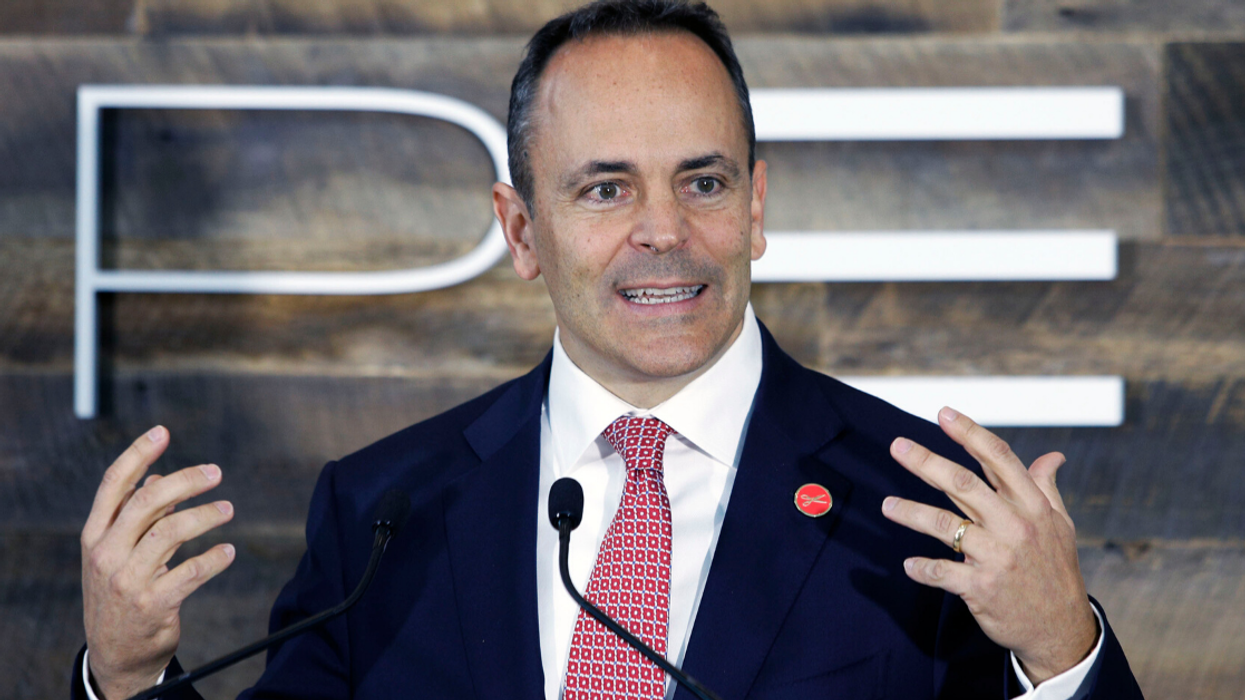

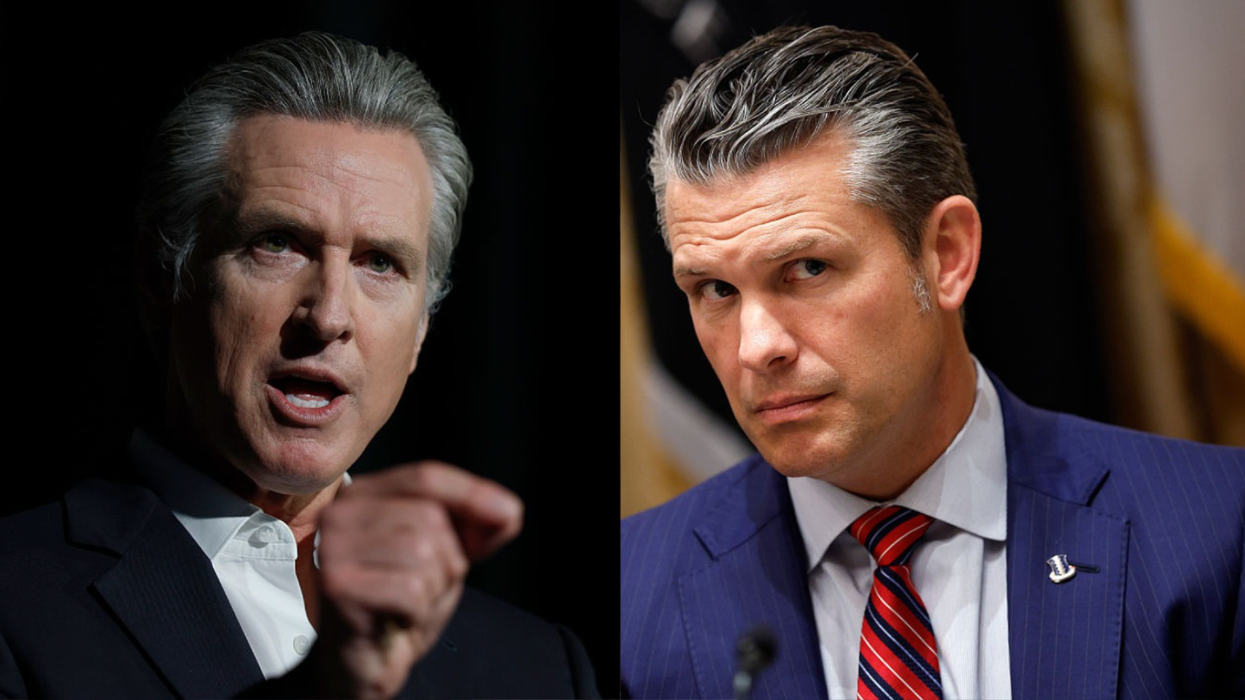




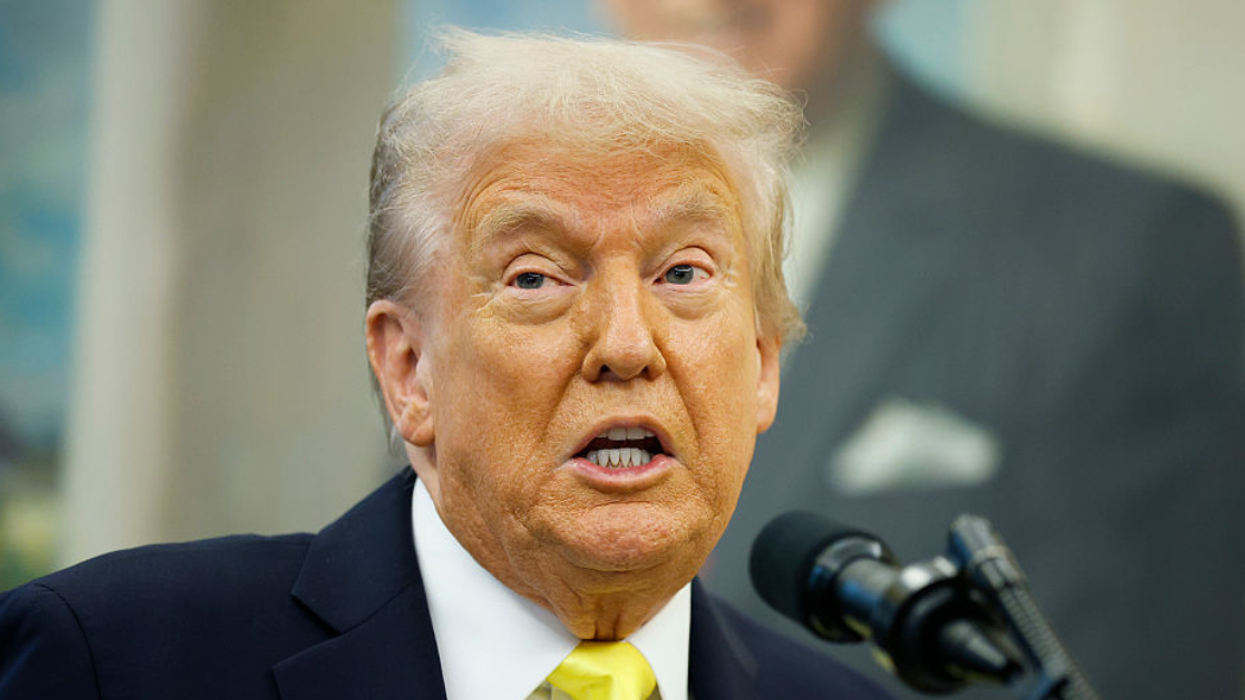



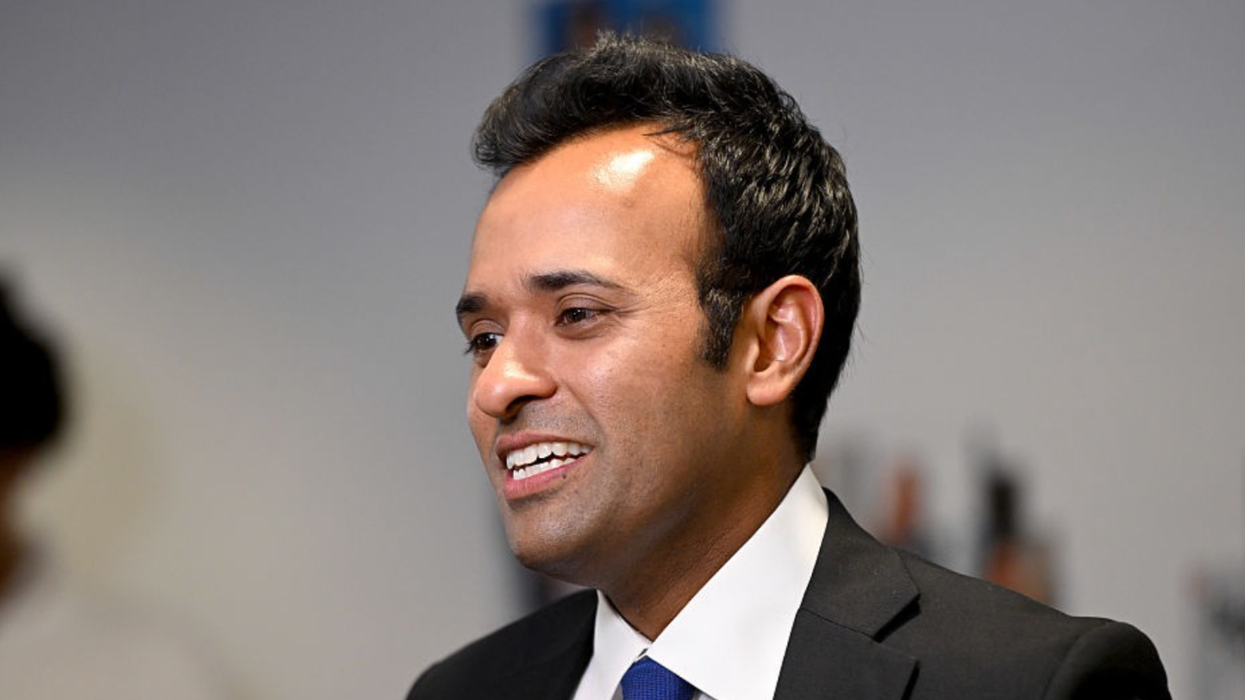

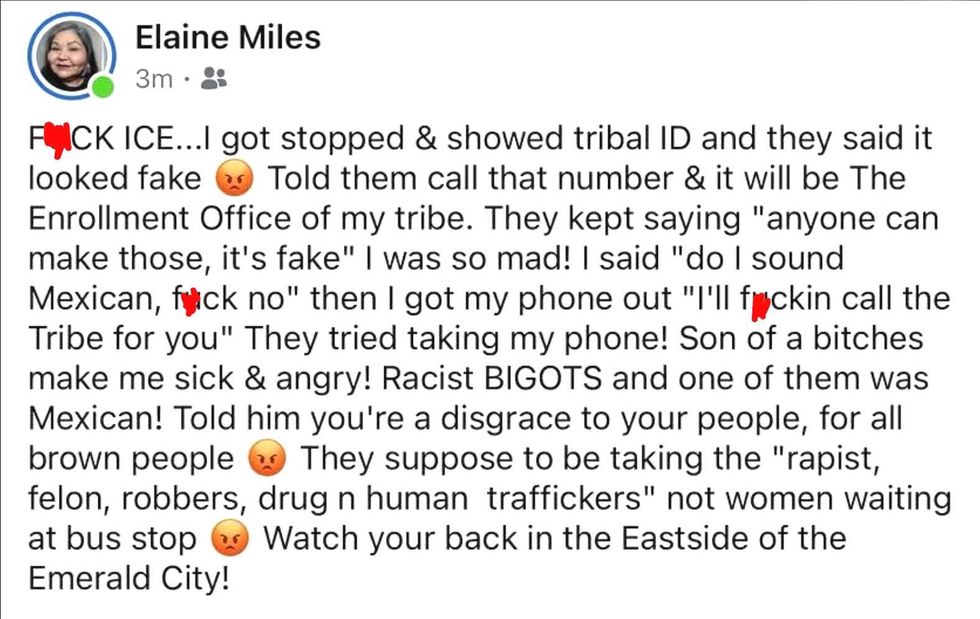 Elaine Miles/Facebook
Elaine Miles/Facebook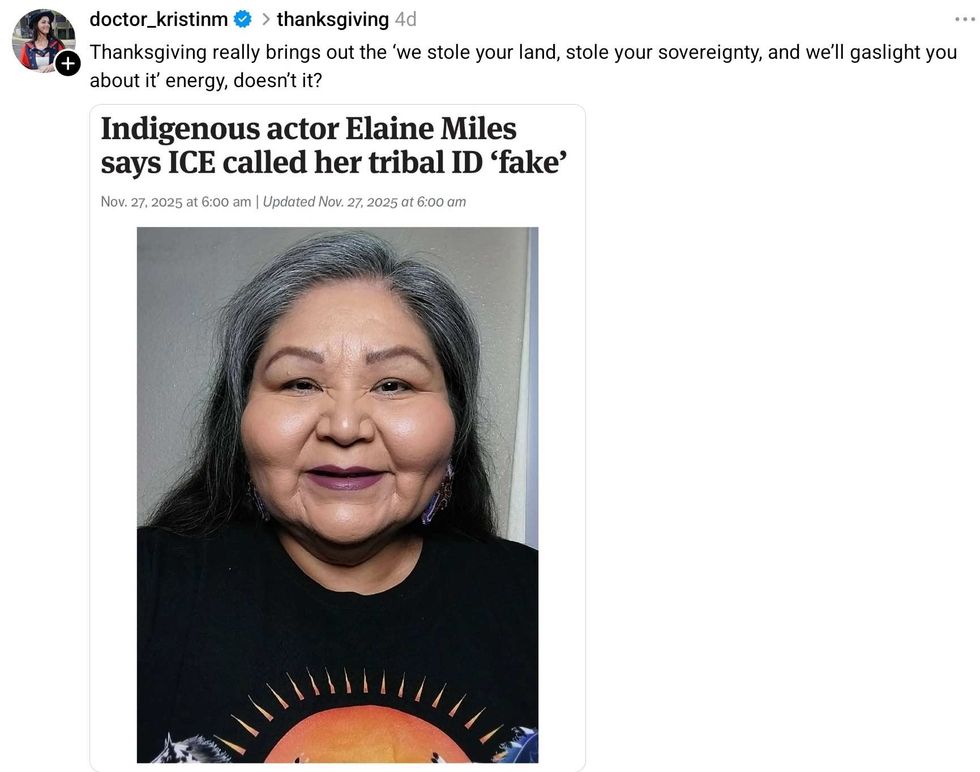 @doctor_kristinm/Threads
@doctor_kristinm/Threads
 @PeteHegseth/X
@PeteHegseth/X
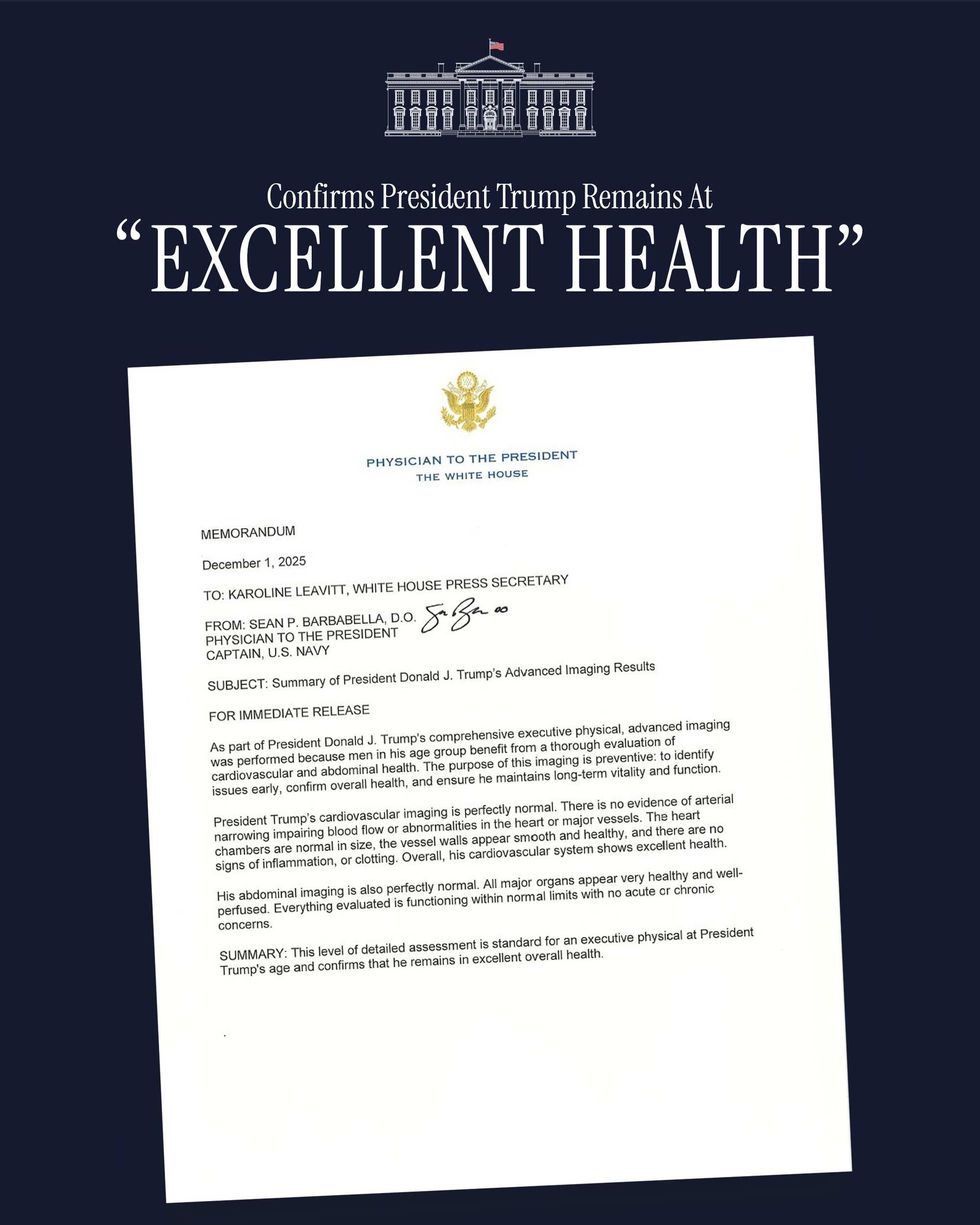 The White House
The White House